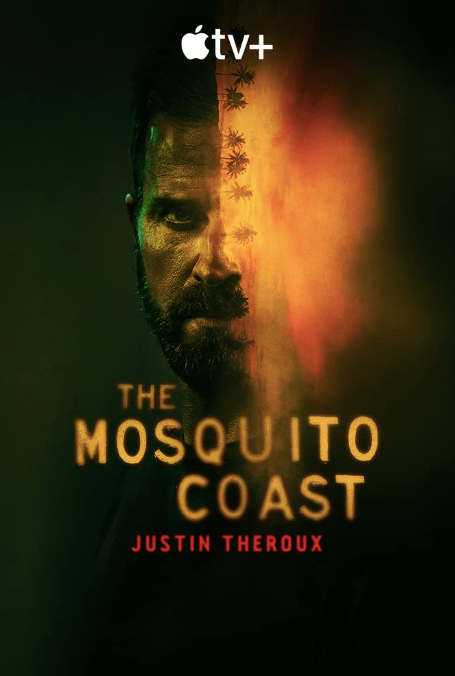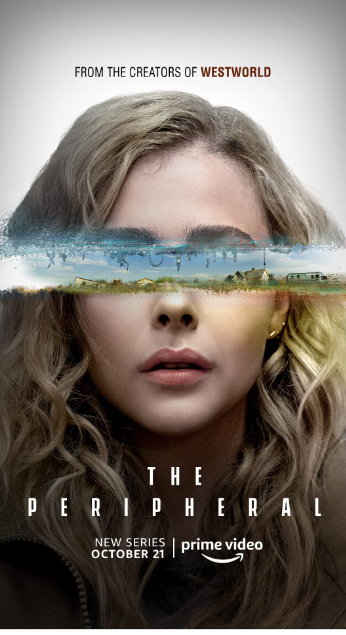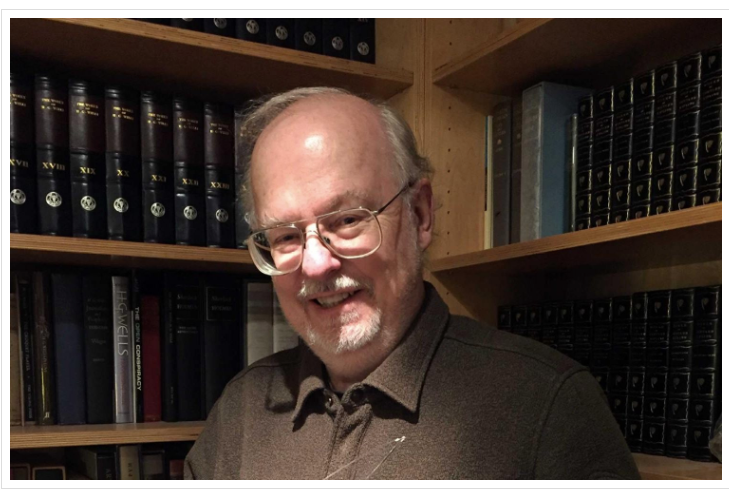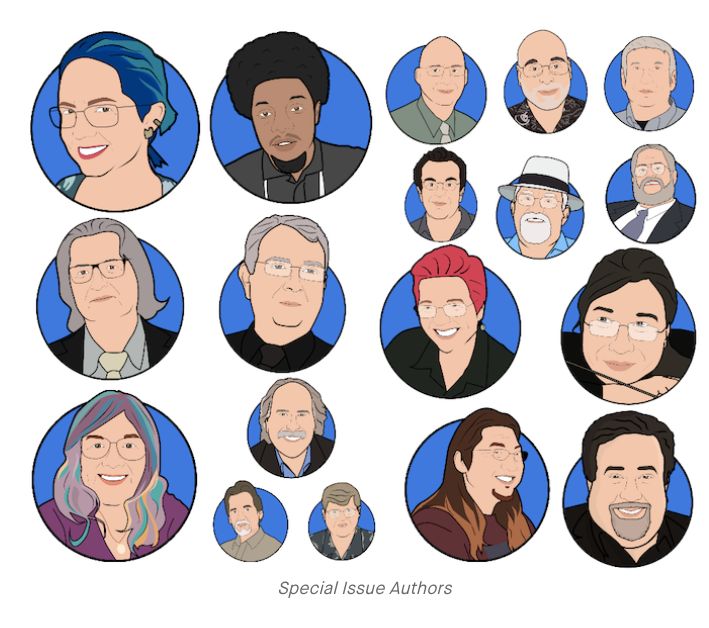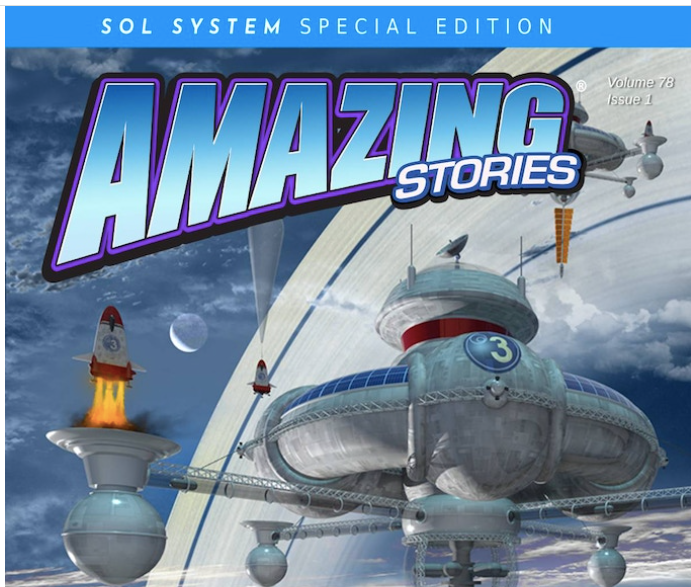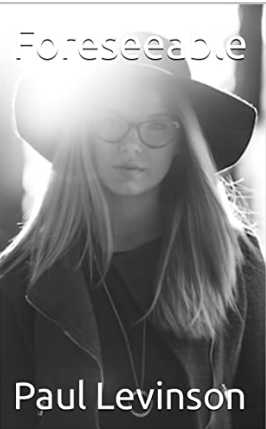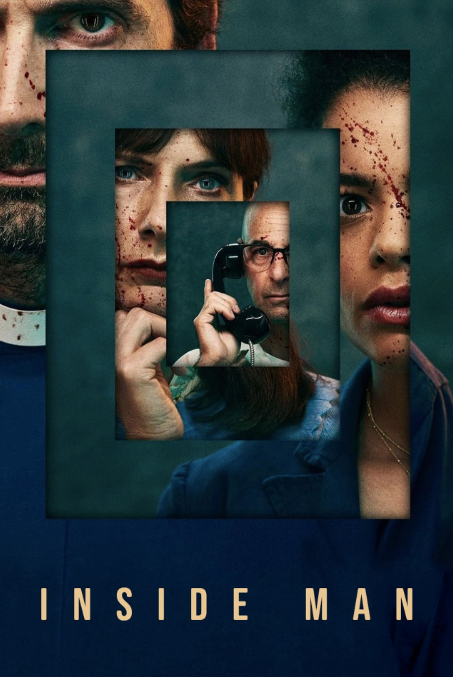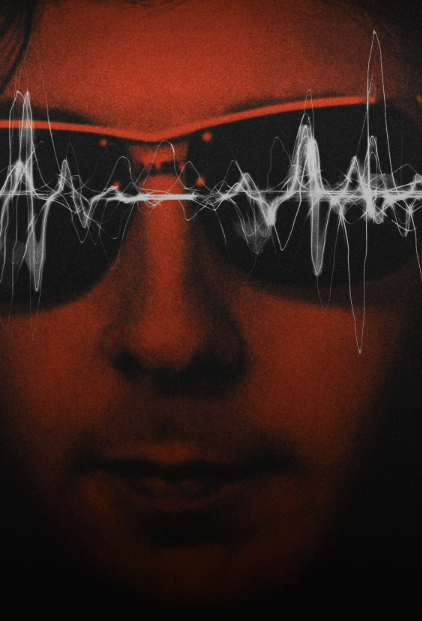
I watched all four episodes of Spector on Showtime last night, and there were things I didn't like in this documentary portrayal of both Phil Spector's career as a rock music producer and more so his trials for the murder of Lana Clarkson, but before I tell you about that, let me offer this disclosure of my relationship to Phil Spector, and what I thought of his music.
I didn't actually know Phil Spector, but Ellie Greenwich -- who co-wrote (with Spector and Jeff Barry) such great Phil Spector produced hits as "Da Doo Ron Ron," "Then He Kissed Me," and "Be My Baby" -- co-produced (with Mike Rashkow) two singles with my group The Other Voices (aka The New Outlook) for Atlantic Records in the late 1960s. When she spoke of Phil back then, it was with a tone akin to reverence, as it she were talking about a god.
I loved Spector's music before I had any idea who he was, when he sang with and wrote The Teddy Bears' "To Know Him Is to Love Him" in 1958, and proceeded with producing the Paris Sisters's "I Love How You Love Me" and Curtis Lee's "Pretty Little Angel Eyes" in 1961. Back then, I didn't know or pay any attention to what record producers did, but as his masterworks by The Crystals, The Ronettes, and The Righteous Brothers hit big in the years that followed, I became increasingly aware and a fan of Spector's Wall of Sound and what it brought to music.
Ellie told me about Phil's threat to leave the music business if "River Deep -- Mountain High" (another song co-written with Spector and Barry) by Ike and Tina Turner didn't reach the top of the charts. I wasn't surprised when she told me this in 1968, after the record had flopped in the U.S. and Phil had made good on his promise to give up record producing, because I didn't like that record much back then and still haven't warmed up to it. Also, like just about everyone else with a pair of ears, I didn't like what Spector did with The Beatles Let It Be album at all. But I did like the music he produced for John Lennon after the Beatles had broken up, and I loved "Black Pearl," a song Spector produced and co-wrote for Sonny Charles and the Checkmates in 1969.
So now let's get to this brand new documentary. This was nothing incorrect in what it told us and showed us about Phil Spector's music, but it left out some significant components. No mention of "Pretty Little Angel Eyes" on one end of the continuum of Spector's productive time and "Black Pearl" on the other. And though Spector's leaving his productive production life after "River Deep" got nowhere near number 1 in the United States was discussed, there was no explicit mention of the threat to leave if "River Deep" didn't succeed, even though this threat and Spector's following through on it was arguably the most important part of that story.
But the problems with the portrayal of the trials of Phil Spector for the murder of actress Lana Clarkson in 2003 were far worse, in my opinion. The first trial ended with a hung jury (10 for conviction, 2 for acquittal) in 2007, and the second trial ended with a conviction of second degree murder for Spector in 2008. The defense offered three main arguments on behalf of their client: Clarkson took her own life, Spector's driver who called the police and told them "My boss said he thinks he killed somebody" misheard Spector, and Spector did not have any of the blood splatter or gun residue which would have resulted had he leaned over Clarkson and shot her in the mouth. The first two arguments are easily dismissable. Clarkson had no history whatsoever of mental depression or wanting to take her own life. And Spector's driver, a Brazilian, clearly spoke and understood English well enough to hear that statement by Spector and report it to the police.
But the blood splatter and gun residue are something else. All the documentary did to counter that is offer a brief prosecution opinion that such splatter and residue doesn't always result from such shootings. In contrast, the forensic testimony shown in the documentary that Clarkson's killer should have had the splatter was impressive. Indeed, so much so, that one of the jurors who voted to convict in the first trial told the camera that the splatter defense gave him some pause.
The net result is that the documentary leaves the legitimacy of Spector's conviction in more doubt than likely is necessary. I say "likely" because I wasn't in the courtroom for either trial, and so don't know the full extent of the prosecution's attempt to refute that defense splatter argument. Also, in addition to the too brief coverage of the prosecution's response to the splatter issue, the documentary left out any discussion of the three appeals put forth by Spector's defense in 2011, 2012, and 2016, all of which failed.
Four hours is short, anyway, for a documentary on such an important biography. Given the life and death issues that Spector covered, at least another hour would have well served the documentary, its viewers, and ongoing history.

